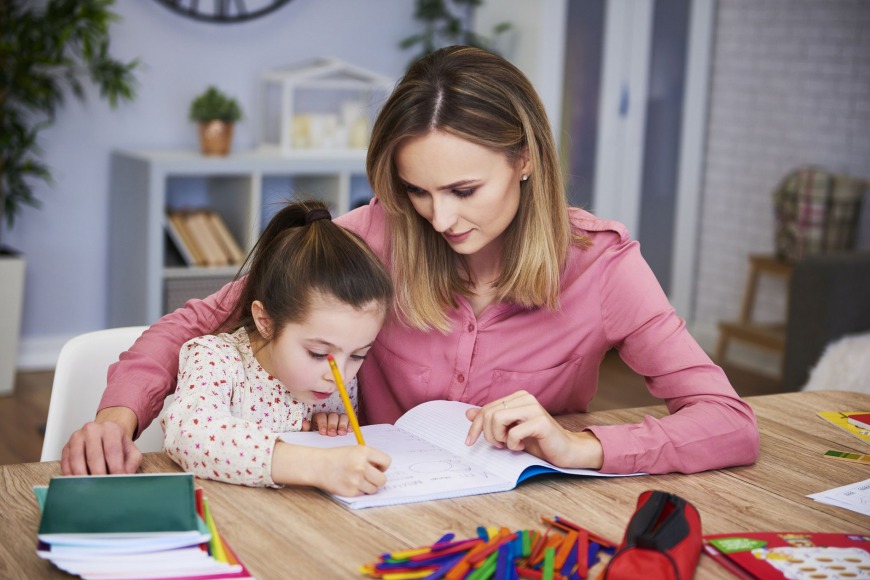How to Cope With Your Child's First Day in School
Sending your child to school for the first time? It’s a big day – for you and them!
29 August 2019
Maebelle

All Credits: PA
Having to let go of their tiny hand and kiss them goodbye at the school gates when your child is only four or five can be an emotional time, and going back to an empty house can be difficult.
But what you’re feeling is totally normal. According to a recent survey by Kindi Kids, 44% of parents admit to feeling very worried about how their little one will cope.

Indeed, one in five parents have suffered loss of sleep because of their concerns, with 60% of those having cried themselves at the school gate.
Other worries like, will their child make friends? Will they miss them? And whether their child will eat and behave themselves, were troubling.
SEE ALSO: 6 Reasons Why it’s Important to Read Bedtime Stories to Your Kids
To help you put your mind at rest, we spoke to agony aunt, counsellor and parenting educator, Suzie Hayman from the charity Family Lives, about what you might be feeling and how to deal with it.
Will they manage without you?

“Will they be scared or anxious, difficult or even have a tantrum? All parents worry about their child starting school for the first time and it helps to know your concerns are normal and shared by every parent – those who say they don’t worry are in denial!” says Hayman.
“Face your own anxieties,” she says. “Many parents project their fears onto their children. You don’t want to let them go, you don’t want to face the beginning of the journey that ends with them leaving home.
“Your fears become theirs and they then find what could be an exciting adventure something to dread. Be tough with yourself about whose fears these really are, and manage them by talking them through with a partner or friend.”
Accept that change, even to a situation you all welcome and is for the best, is hard
“You miss the certainty of the past – in this case, having your child at home and with you most of the time. Your child may be scared of separating from you and being with new faces,” she says.
“Deal with it by talking it over beforehand – even a morning before is better than nothing! Think through or talk over with another adult your own early schooldays and whether those experiences are making you worried for your child – who is likely to have a very different experience.”
Give them lots of reassurance and talk the first day through together

“Ask your child to imagine what it might be like, and both of you chat through best and worst scenarios. Give your child the confidence to know they can ask for help and that they will be coming home,” suggests Hayman.
She says that you want to welcome them home in good spirits, but it’s important not to make it sound like an interrogation. You want to know how it went, and how they managed but give them a chance to eat a snack and relax too.
“Then make any questions ‘open’,” she says. “A closed question is one that either has only one answer, or that can only be answered with yes or no.
“Closed is, ‘Did you have a good day? Were your teachers nice? Did you make friends?’
“Open is, ‘Tell me about your day…’ This gives your child the chance to choose what to share, what was most important for them,” says Hayman.
“Remember routines can help you and your child feel safe and secure. The most important is a bedtime routine which means no screens for an hour beforehand, a soothing bath and a book at bedtime,” she says.
“This chance to wind down and read together is also an opportunity for a child who does have a worry to share it with you.”

























.png?itok=SvZPqMHH)




.png?itok=uB2ieOR7)












